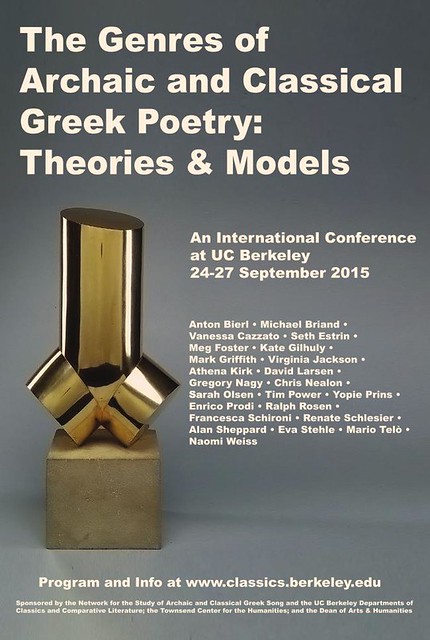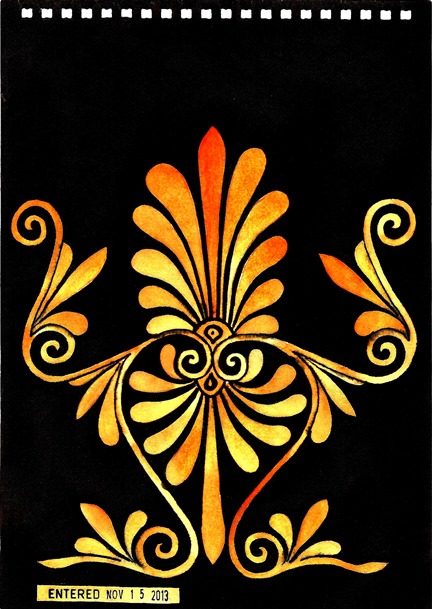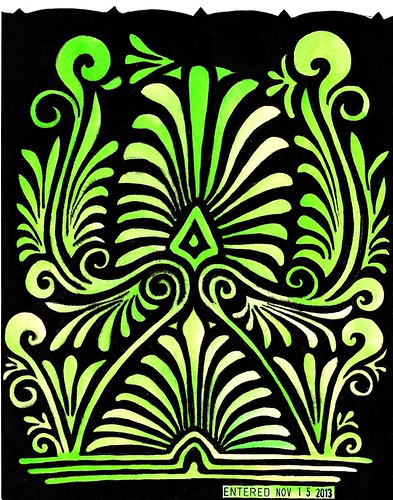A young man from the alpine community between
Dīnawar and Nahāwand asked me to compose something reliable on the subject of Night and Day, and whether one might justly be preferred to the other. So I improvised this short text in order to gratify his wishes, and it begins with the speech of
THE PARTISAN OF NIGHT: When God, be He magnified and exalted, says: "We made the night and day to be two signs"
(17:12), and opens
Sūrat al-Layl with the words: "By the night when it covers up / And the day when it comes to light"
(92:1-2), it is night that He mentions first, making day subsequent to it. And in any case [of their being mentioned together] the night takes precedence.
("Give precedence to
Quraysh," said the Prophet, God's blessings and peace be upon him, "and do not seek precedence over them.")
"Night He made for you to be at rest within it, and day to enable sight," says God
(10:67), magnified be His adoration. And, blessed be His name, [He instructs His Prophet to] "Say: 'Do you see? Were God to give your night no end until the Day of Resurrection, what divinity could bring you brightness, other than God?' "
(28:71). And this [sequence] is attested in abundance throughout the Qur'ān.
THE PARTISAN OF DAY: Mentioning something first dictates neither preference nor virtue. Do you not see that He also says, magnified be His adoration, that He "created death and life" (67:2), when the preferability of life is so well known? And, be He magnified and exalted, He also says that He "created jinn and humankind for no reason other than to serve Him" (51:56). And humankind is without doubt the preferred category.
Along with this we find that day is in fact given precedence over night in Sūrat al-Shams, be He magnified and exalted: "By the day when it brings [the sun] to light / And the night when it covers up" (91:3-4).
He also says, magnified be His adoration: "The likeness of the two parties [disbelievers and believers] is like the blind and the deaf and the sighted and the hearing" (11:24), on which interpretive consensus holds that the blind are contrasted to those with sight, and the deaf to those with hearing. What is preferable about coming first in this case? Nothing whatsoever.
THE PARTISAN OF NIGHT: But it is night's innate merit that gives it precedence. God, be He exalted, says: "Do disbelievers not see that the heavens and earth were [formerly] conjoined, and that We separated them?"
(21:30). Now there is no disputing that this conjoined pair was in darkness. When He effected their separation, He brought about a new state of affairs. Darkness therefore precedes light, by nature and in order of creation; this being so, night comes before day.
THE PARTISAN OF DAY recited [
line 8 of poem 16 by Ḥassān ibn Thābit]:
"When [the caravan of Quraysh] makes for
Ḥawrān
across the sandy bottoms, tell them: The way lies not thither!"
By my life, the matter's not the way you think it is. Light came before darkness. "God is the Light of the heavens and earth"
(24:35), says God, exalted be His every mention. This means that He illuminated both, with a light He Himself kindled, magnified be His adoration. So you've goofed in this. You base your judgments on the world that we inhabit. But He says, be He magnified and exalted: "It is He who made the sun to be a brightener and the moon to be a light"
(10:5). And by these lights He shed brightness on what was conjoined. Only then did He divide brightness from darkness. And day is what is bright, as you must know.
THE PARTISAN OF NIGHT: It is well known that time consists in movements of the sphere in its rotation, and [is measured in] years and months and weeks. When does the new month come into being? Between the beginning of the night and the beginning of the day is
when it is proclaimed. The month would begin at daybreak, if day were preferred. But no - its beginning is on the first night of the month.
THE PARTISAN OF DAY: This point is not in your favor but against you. Etc., etc., etc.
From
Night and Day by Abu 'l-Ḥusayn Aḥmad
ibn Fāris





 From a
From a 

